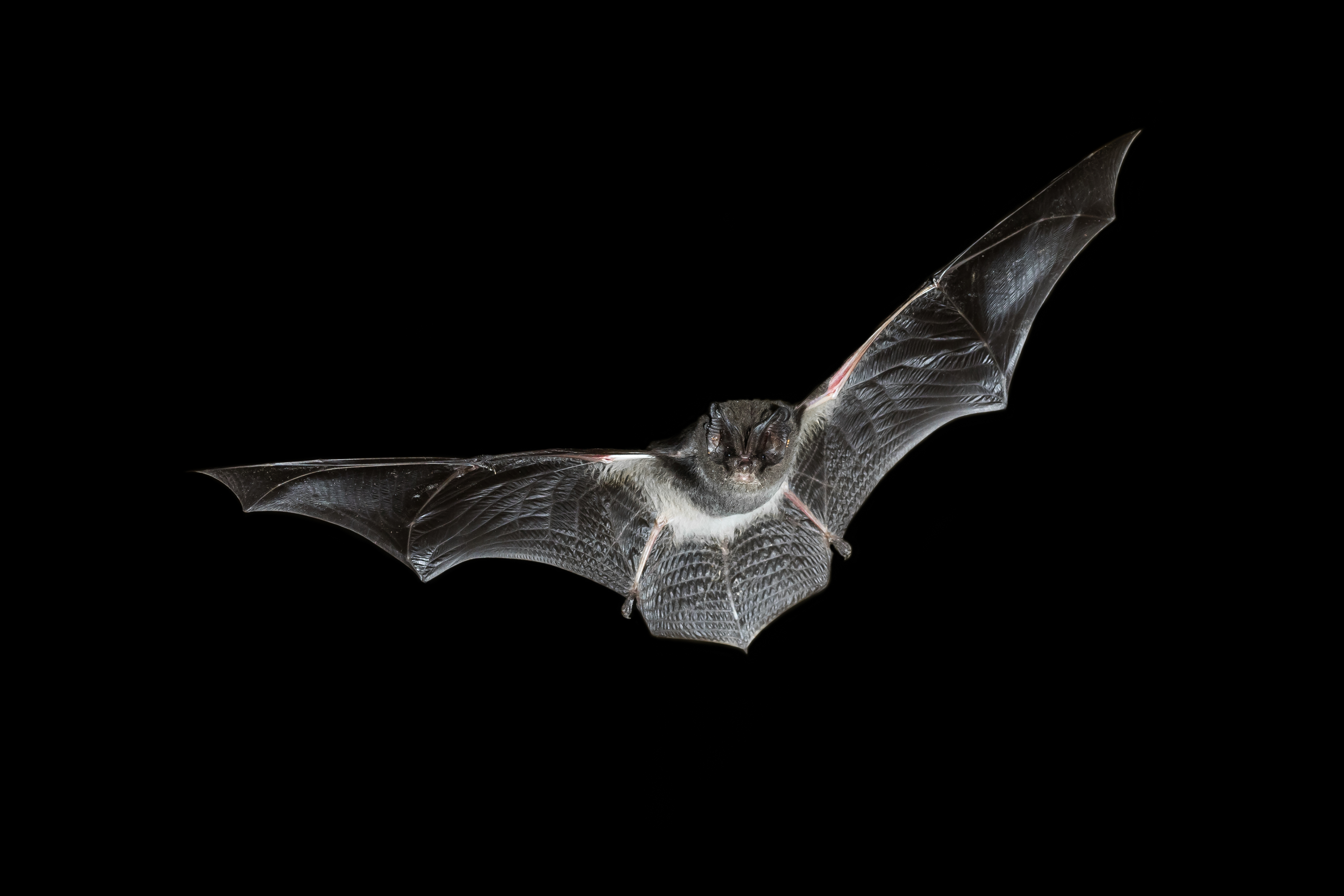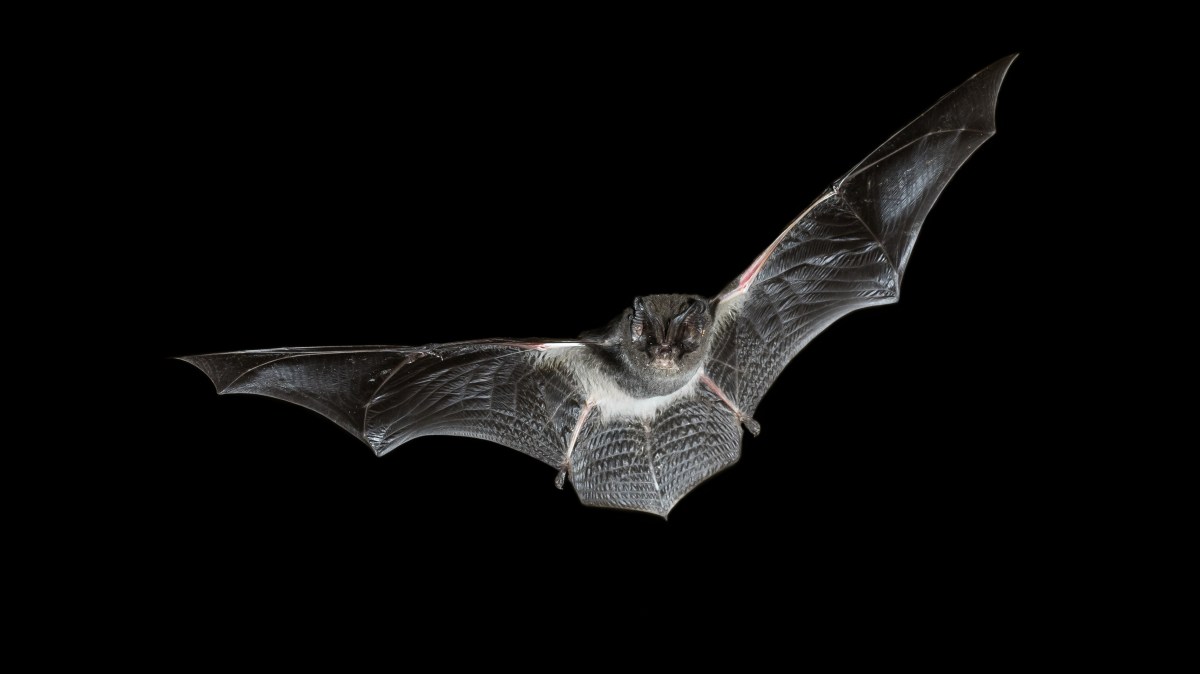
Bats are pest controllers, avid pollinators and seed distributors. They are also fluttery, smelly and prone to spreading disease
GETTY
Few of us would much enjoy getting close to a bat. They are fluttery, smelly and prone to spreading exotic diseases. Some are rumoured to have an unnerving habit of not showing up in mirrors. And yet we extend them great protection. The government even has a web page called “Bats: advice for making planning decisions”.
Today we report on a row over a Lincolnshire bat tunnel and bat bridge that are to cost £4.3 million, a mere pipistrelle next to the £100 million HS2 job but still a lot to pay for the benefit of a half-ounce airborne shrew.
Bats are voracious pest controllers, avid pollinators and diligent distributors of seeds. They are aerial indicators of a thriving ecosystem. Without them we might soon find ourselves flying blind. Yet some worry this is all getting a bit, well, batty.
As one local expert, who moonlights as council leader when not beavering away at chiropterology, insists the barbastelles do not need our help: “They’ve got sonar, haven’t they?”

